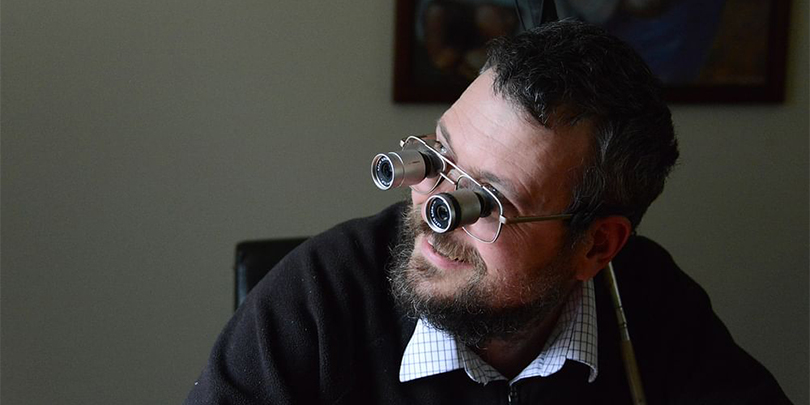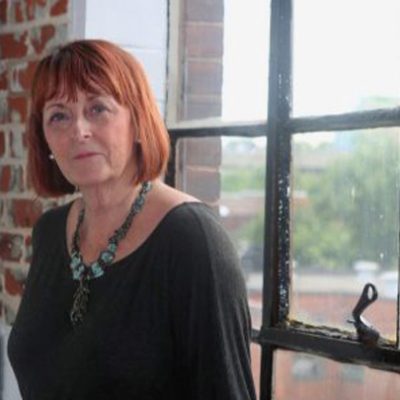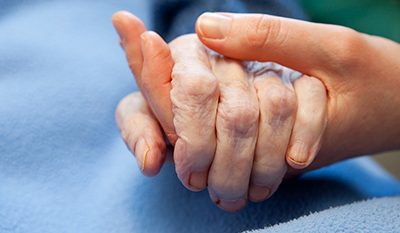
The final document of the Synod on Synodality has served as a signpost to a quiet revolution in many areas, including the Church’s attitude to disability, writes Fr Justin Glyn SJ. Source: Eureka Street.
Until Pope Francis’ pontificate, this had hovered uneasily between writing disability off as a legacy of original sin (suggesting that baptism wasn’t terribly useful!) and regarding disabled people as “victim souls”, privileged to suffer.
While Francis has previously spoken of the “magisterium of frailty”, noting that the weakness attendant on age opens us to the realisation that all of us are limited, the Synod goes much further.
Having noted (in paragraph 54), society’s history of discrimination against disabled people, paragraph 63 states that:
“In promoting co-responsibility for the mission of all the baptised, we recognise the apostolic capacities of people with disabilities who feel called and sent out as active agents of evangelisation.
“We appreciate the contribution that comes from the immense wealth of humanity they bring with them. We acknowledge their experiences of suffering, marginalisation, and discrimination, sometimes suffered even within the Christian community itself due to attempts at showing compassion that can be paternalistic.
“In order to encourage their participation in the life and mission of the Church, we propose the establishment of a Church-based research centre on disability.”
While it is couched in fairly subdued terms, it is revolutionary for all that. Gone is the language of disability as either grace or sin, replaced by an acknowledgment that we, as disabled people, are not mere objects of charity or by-products of original sin but are equal in dignity and status with the rest of the baptised.
As such, we both bring a wealth of experience to the conversation and have both the right and duty to participate in the Church as active members and agents of its mission.
Further, and for the first time ever, it recommends that there be a body in and of the Catholic Church itself, that looks to research the status of disabled people and foster the participation of disabled persons as equals within the life and ministry of the Church.
In short, the Synod argues for a Church of “us”, rather than “us” and “them” (who may – or may not – be “included” as objects of charity).
Fr Justin Glyn SJ, General Counsel of the Australian Province, was appointed by Pope Francis as consultor to the Dicastery of Laity, Family and Life.
FULL STORY
How the Synod quietly redefined disability in the Church (By Fr Justin Glyn SJ, Eureka Street)
RELATED COVERAGE






